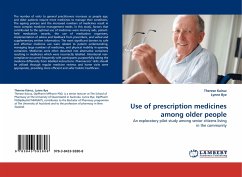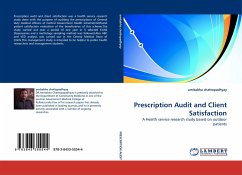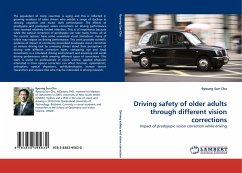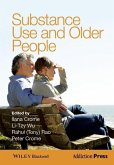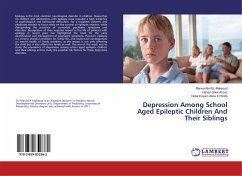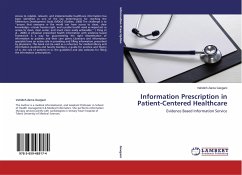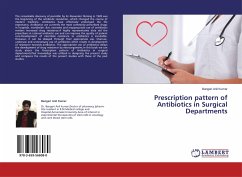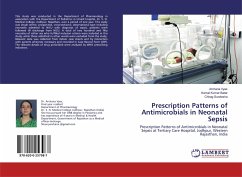The number of visits to general practitioners increases as people age, and older patients require more medicines to manage their conditions. The ageing process and the increased numbers of medicines result in more complex medicine management needs. In this study, factors that contributed to the optimal use of medicines were memory aids, patient-held medication records, the use of medication organisers, implementation of advice and feedback from prescribers, and verbal and supplementary written information. The most significant barriers to safe and effective medicine use were related to patient understanding, managing large numbers of medicines, and physical inability in opening containers. Medicines were often decanted into alternative containers resulting in medicines which were incorrectly labelled. Intentional non- compliance occurred frequently with participants purposefully taking the medicine differently from labelled instructions. Pharmacists' skills should be utilised through regular medicine reviews and home visits were appropriate, providing more efficient and safer holistic healthcare.
Bitte wählen Sie Ihr Anliegen aus.
Rechnungen
Retourenschein anfordern
Bestellstatus
Storno

